Over the last couple of days, the Irish Farmers Journal has heard of a number of incidences of bloat in dairy farms, resulting in losses.
It’s a bitter pill to swallow - seeing cows die after putting in a huge effort and farm management skill to get clover established.
It’s somewhat trite to be writing about ways of preventing bloat from occurring because it’s a thing that can happen with even the best prevention possible.
Certain conditions are now combining to make this a high-risk time for bloat. We know that lush grass high in clover content is a big risk.
Fibre content in grass is usually high at this time of year because it has been growing for 30 days or more, but most grass on farms this year has only grown in the last 14 days or so, hence fibre content is low.
Even though it’s dry, dry matter content of grass is quite low, as nights are getting longer and there is a heavy dew at night. This is why morning grazings are higher risk, but issues can occur at any time.
Many farms have stopped feeding silage because grass supplies have recovered and this is another risk, because where silage is being fed, there will be fibre in the diet which slows down digestion.
Preventative measure
Giving cows bloat oil in the water is a useful preventative measure, provided that cows are drinking water in sufficient quantities, but with low dry matter grass, water intakes will be low enough.
What some farmers are doing is offering cows a small break of the field first, before dropping the wire and giving them the rest of the field.
This means that the cows graze out the first section well, eating the leaf and the stem, which is high in fibre.
My concern is that because fibre content is generally fairly low everywhere, there may not be sufficient fibre in the grass to prevent bloat.
I know of one case last week where this was being practiced but bloat happened anyway.
Where the risk of bloat is high, some farmers are feeding additional fibre at the feed face during milking time, such as straw.
Even then, it will be necessary to monitor cows regularly and treat those showing any signs of bloat with bloat oil.




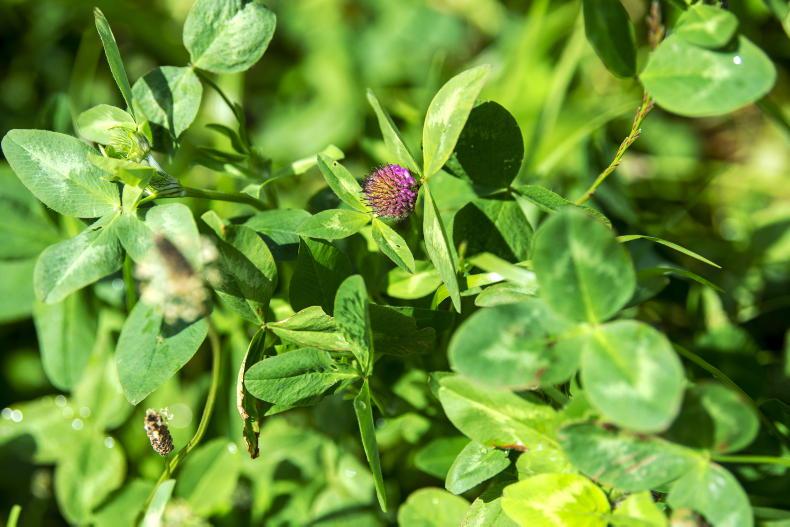
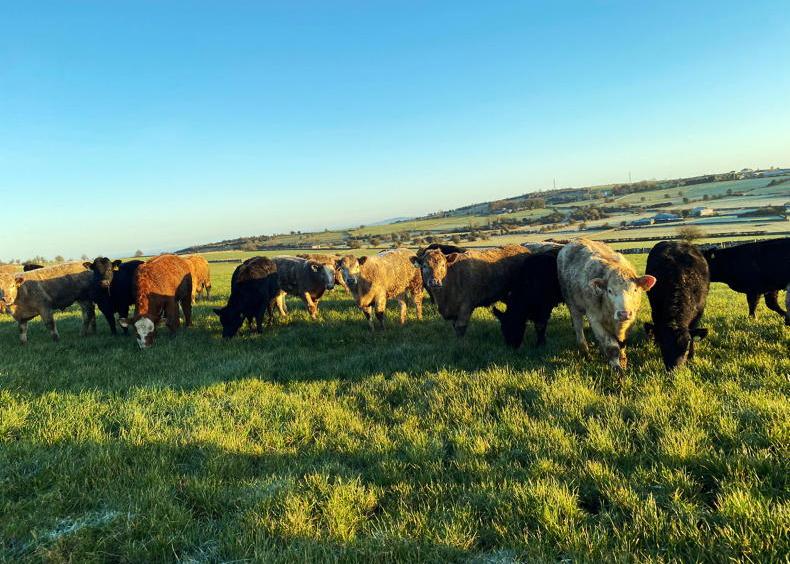
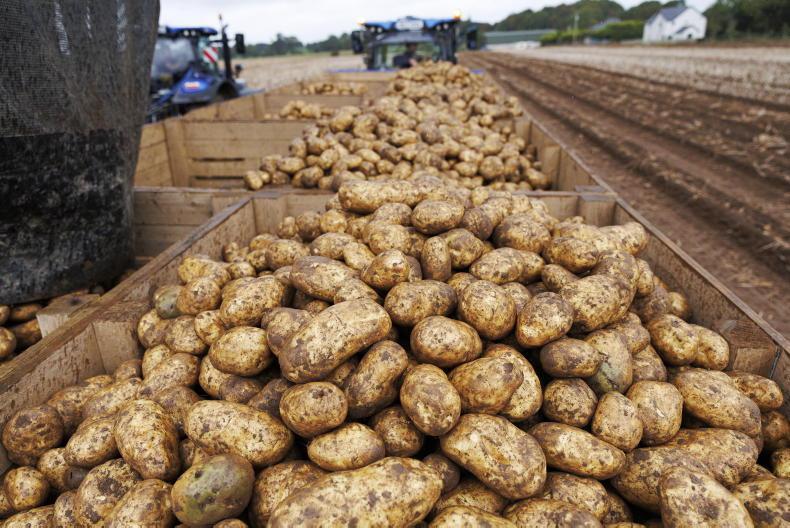
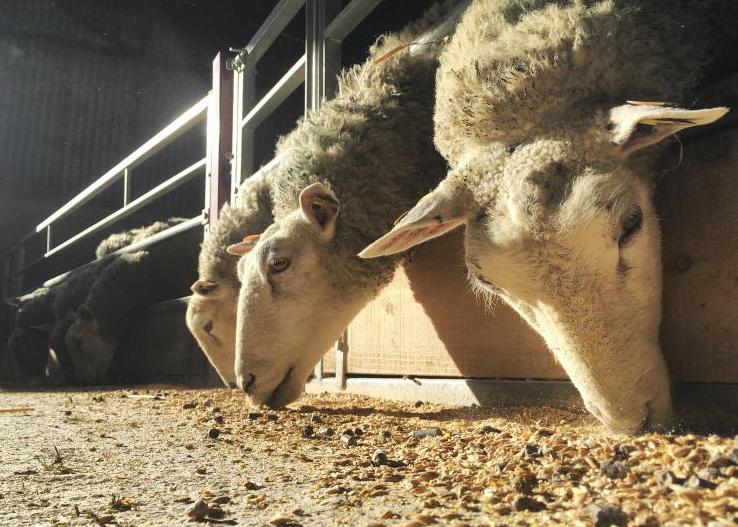
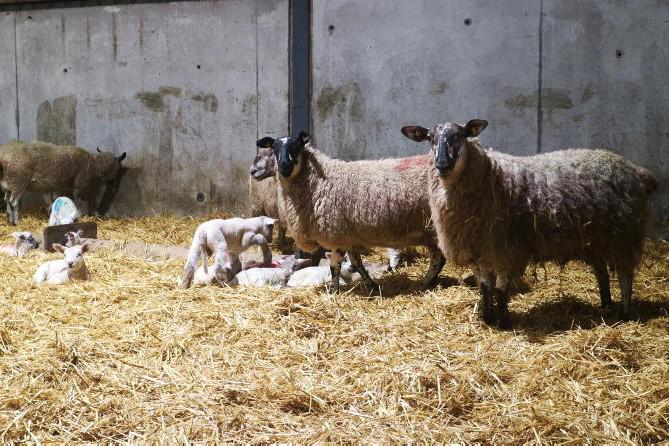
SHARING OPTIONS